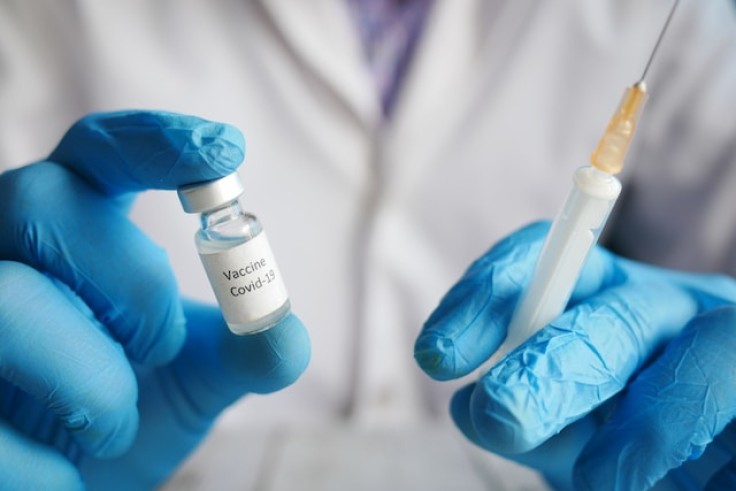
The Food and Drug Administration (FDA) recently approved updated COVID-19 mRNA-based vaccine shots from Moderna and Pfizer, which comes amid an uptick of cases in the summer.
As of Aug. 16, COVID-19 infections were estimated to be growing in 27 US states, according to data from the Centers for Disease Control and Prevention (CDC). Only four states are experiencing a decline in COVID-19 infections.
With the number of COVID-19 cases rising again, it is important to keep vaccines updated to stay protected against the latest strains. To keep you informed, here is everything you need to know about the shot, including how it is different from other vaccines, who can get the updated shots, and where to get the vaccine.
What Makes the Updated COVID Shots Different?
The updated COVID-19 vaccines from Moderna and Pfizer target the KP.2 strain, which descended from the contagious Omicron subvariant JN.1. In addition, the shot would provide recipients a stronger immune response against other circulating variants.
Who Can Receive the Shots?
The updated vaccine shots are recommended for anyone ages six months and older. Individuals who were previously vaccinated for COVID-19 are advised to wait at least two months since their last shot or infection before getting the updated vaccine.
Children between six months and four years old who have not received any prior COVID-19 vaccine will be eligible to receive three doses of the Pfizer shot or two doses of the Moderna vaccine, per the FDA announcement.
Children between the ages of five and 11 may receive a single dose of either the Moderna or Pfizer vaccine, regardless of their vaccination status. Those ages 12 and older are eligible to receive one dose of the updated vaccine.
READ ALSO : COVID-19 Surge Forces US Schools to Close, Shift to Remote Learning As New Academic Year Begins
What Are the Potential Side Effects?
Individuals who receive the vaccine shots may experience a range of potential side effects, including:
Pain or swelling at the injection site
Fatigue
Headache
Muscle pain
Chills
Fever
Nausea
More serious adverse effects may include anaphylaxis, which is a severe reaction that can be treated with epinephrine.
When Will the Vaccines Become Available?
The updated vaccines will be available in pharmacies, hospitals, and clinics across the country "in the coming days." Walgreens is already accepting vaccination appointments, with the shots expected to be disbursed beginning Sept. 6 for recipients ages 12 and older.
Meanwhile, CVS has launched an online vaccine scheduler that would allow appointments as early as Wednesday.